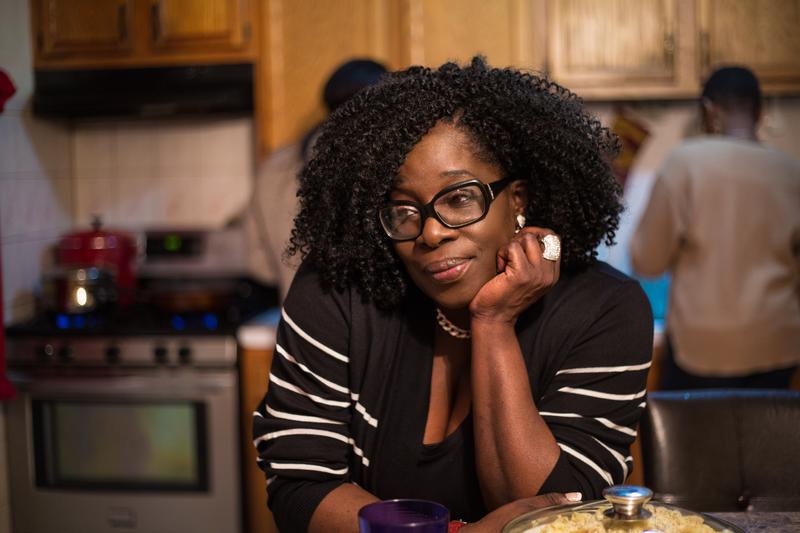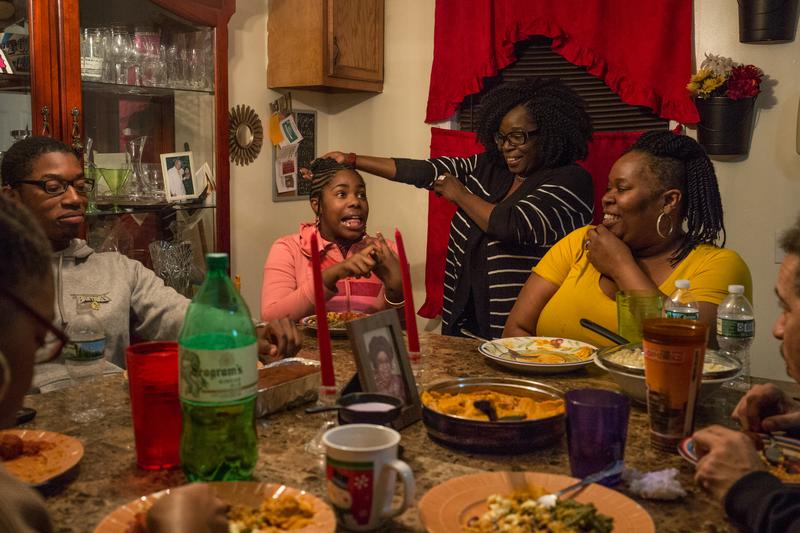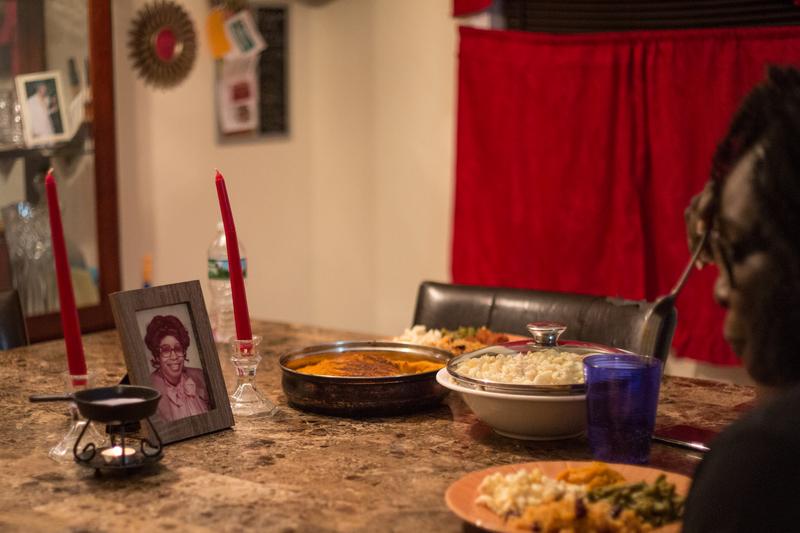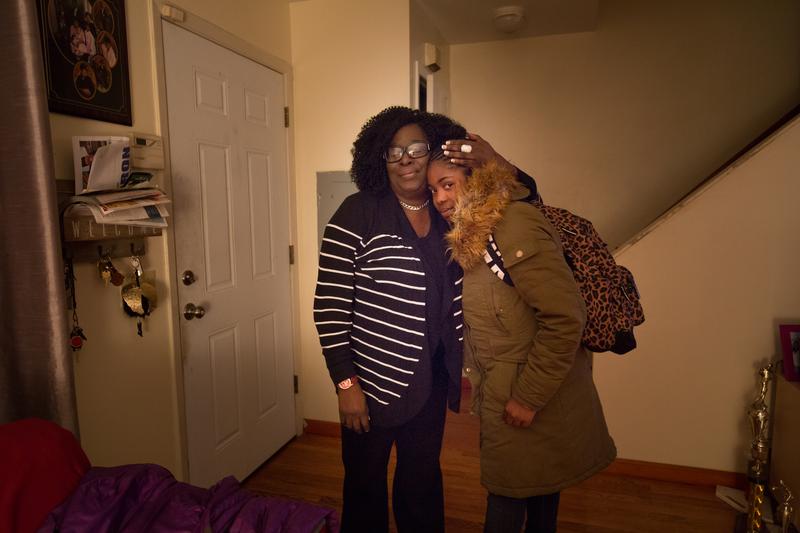
This story is part of “Brownsville: No Label Necessary,” a series about the neighborhood, from the neighborhood.
There are changes happening in Brownsville, Brooklyn, and it’s not just about money targeting the neighborhood from city and state government — or from developers, like in other parts of Brooklyn. WNYC has been talking to residents about a homegrown movement to create positive change.
"We’re changing the face of Brownsville, because somebody in Brownsville began to change their mind," said Lytheia Smith, who was born and raised in the neighborhood. "No one is coming from outside and bringing that in. We're doing it from the inside out."
That sense of changing one's mind comes at an individual level, and it is one that Smith is experiencing after a recent decision to focus on her own personal healing. But her path and the environment in which she lives are intertwined; seeing her neighborhood get basic services like parking meters and a renovated pedestrian plaza only motivate her.
Smith recalled a sense of anger that ran deep in the neighborhood, due to systemic issues, such as poverty and a lack of investment. Many persist today.
Brownsville has a poverty rate nearly twice as high as the city's overall rate. Neighborhood residents disproportionately suffer from health problems, leading the Brownsville and neighboring Ocean Hill areas to have the lowest life expectancy of any community in the city. The incarceration rate of adults from Brownsville-Ocean Hill is three times that of the city's overall. These numbers come from the Citizens' Committee for Children of New York.
Smith grew up in a close, loving family. But she said she was not completely buffered from neighborhood troubles.
"I fought in these streets," she said. "Fought. Had to put my fists up and defend myself."
She has lately been thinking about the genesis of those darker times, going back to when she was 13. She woke up one morning and found her father dead. He had been sick, but Smith was not prepared to lose him.
"We were considered poor and black, but we had a mommy and daddy in the home," she said. "And it was good until he was gone, and it crushed me."
Over the past couple of years, Smith said she made a conscious effort to focus on self-care, and to forgive herself for what she sees as past mistakes. Her own personal transformation has been energized by positive changes in the neighborhood, driven by individuals working to improve quality of life in Brownsville and to beautify the area.
Smith said it's all made her think differently about what she wants for herself and her children. Things "that we didn't grow up thinking about," she said. "Future. Legacy."
Click the audio player to hear Lytheia's story.



